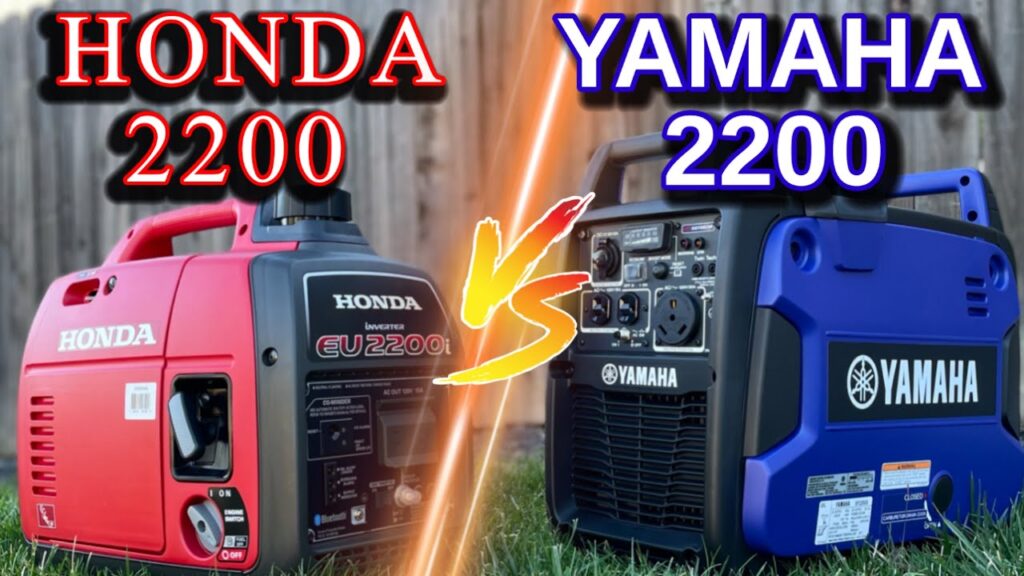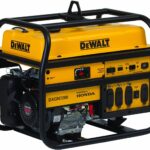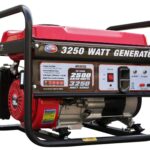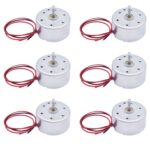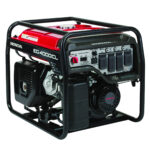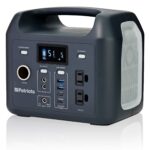Are you having trouble deciding between a Honda or Yamaha generator? If so, you’re not alone. Many people struggle when it comes to choosing between Honda and Yamaha generators. In this article, we’ll discuss the pros and cons of both Honda and Yamaha generators so that you can decide which generator is the right one for you. By the end of the article, you should have all the information you need to make an informed decision about which generator is the best fit for your needs.
Types of Generators
Generators can be divided into two main types: Portable and Standby.
| Types of Generators | Description |
|---|---|
| Portable Generator | Portable generators are relatively small, lightweight and can be easily moved from one location to another. These generators are powered by gasoline or diesel, and usually used to power small tools, lights, and other small appliances. |
| Standby Generator | Standby generators are large, stationary power sources that are connected directly to your home’s electrical system. They are powered by natural gas or propane and are designed to automatically start and run when power is lost in your home. |
Portable generators are typically used for camping, tailgating, and running power tools, while standby generators are used to provide backup power to entire households or buildings during a power outage.
Honda Generator
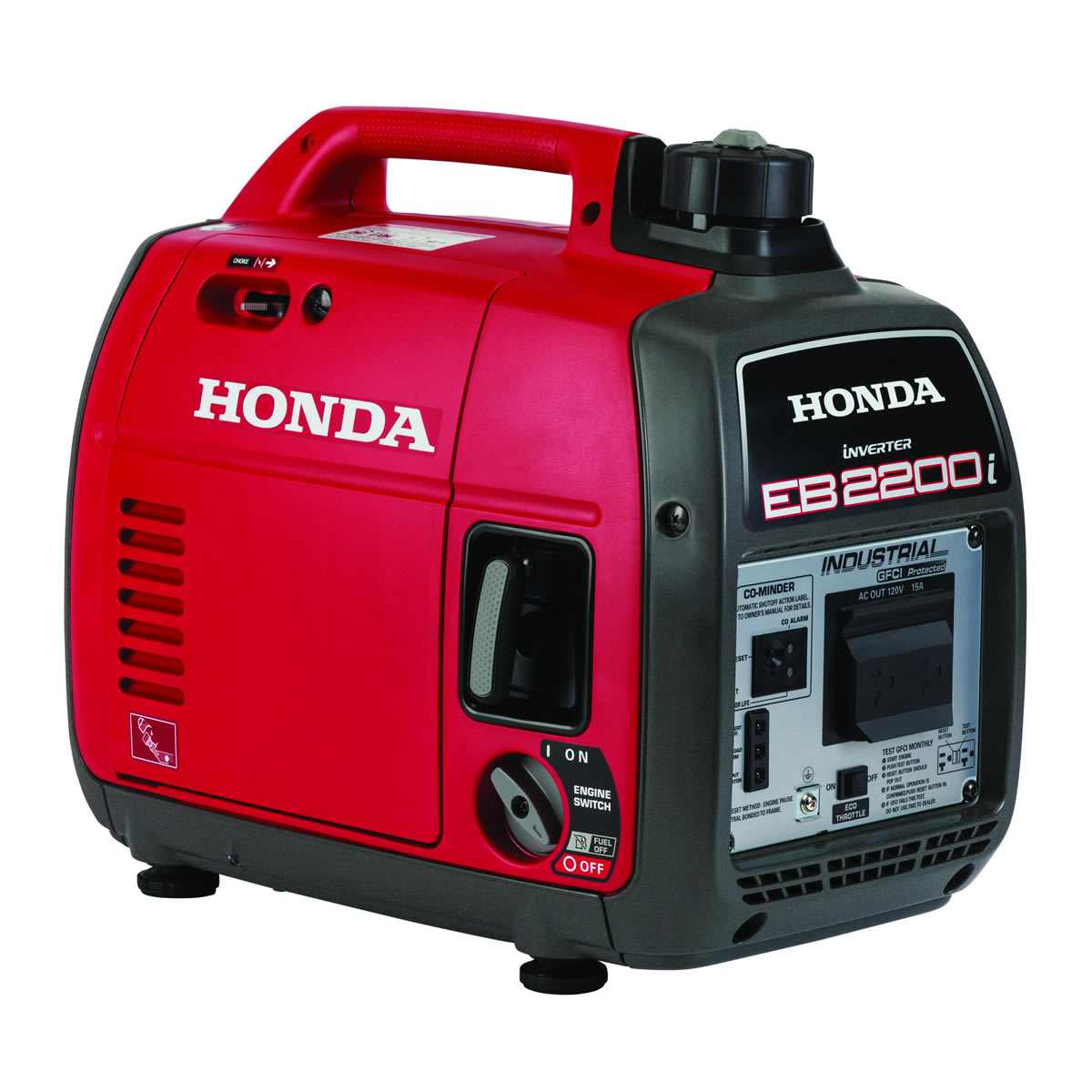
Features
Honda Generators feature a reliable and durable design, with models ranging in output from 1000W to 10,000W. They are designed to deliver clean, reliable electricity and are suitable for a variety of applications, including powering industrial tools, powering construction sites, and providing emergency power for homes and businesses.
Pros
Honda generators offer superior performance and reliability. Honda generators are designed to be fuel-efficient and have a long-term operational life. They are also lightweight and easy to transport, making them ideal for use in remote locations. Additionally, Honda generators are backed by a comprehensive warranty.
Cons
Honda generators can be more expensive than other types of generators. Additionally, some models may require more frequent maintenance than other types of generators.
Yamaha Generator
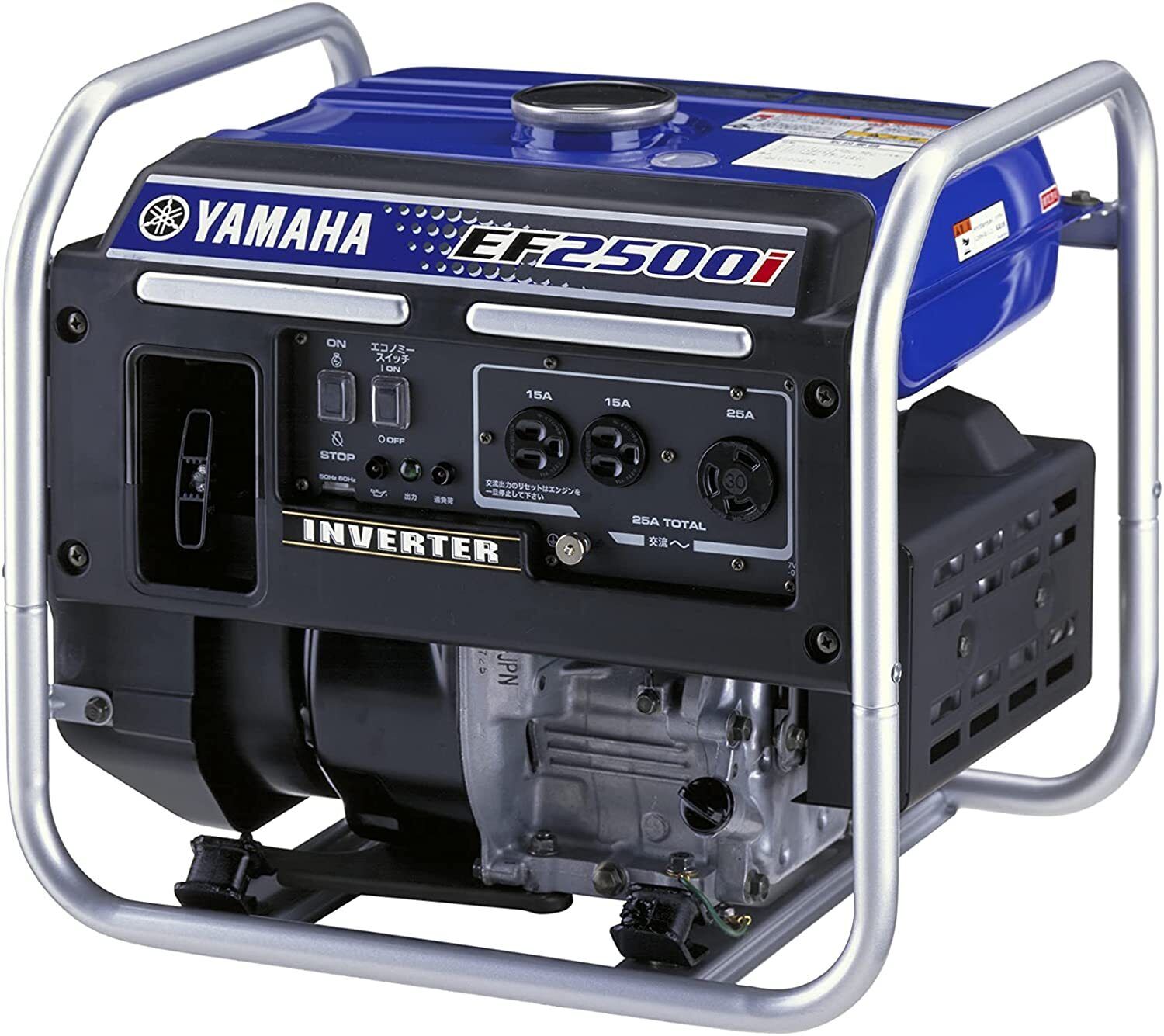
Features
Yamaha generators offer a wide range of models, from recreational generators to industrial-grade inverter generators. Most Yamaha generators feature a manual start, along with a recoil system to get the generator going. Some models also feature electric starters. All Yamaha generators are designed to be portable, with a variety of features to make them easy to transport.
Pros
Yamaha generators are known for their reliability and dependability. Their portable designs make them easy to transport and store, and their quiet operation makes them ideal for use in campsites and tailgating. Yamaha generators are also equipped with a variety of safety features, such as overload protection and low oil protection.
Cons
The biggest downside of Yamaha generators is their higher price tag. They are more expensive than other brands, which can be a deterrent for some. Additionally, Yamaha generators require regular maintenance, such as oil and filter changes, to ensure their optimal performance.
Comparison of Honda and Yamaha Generators
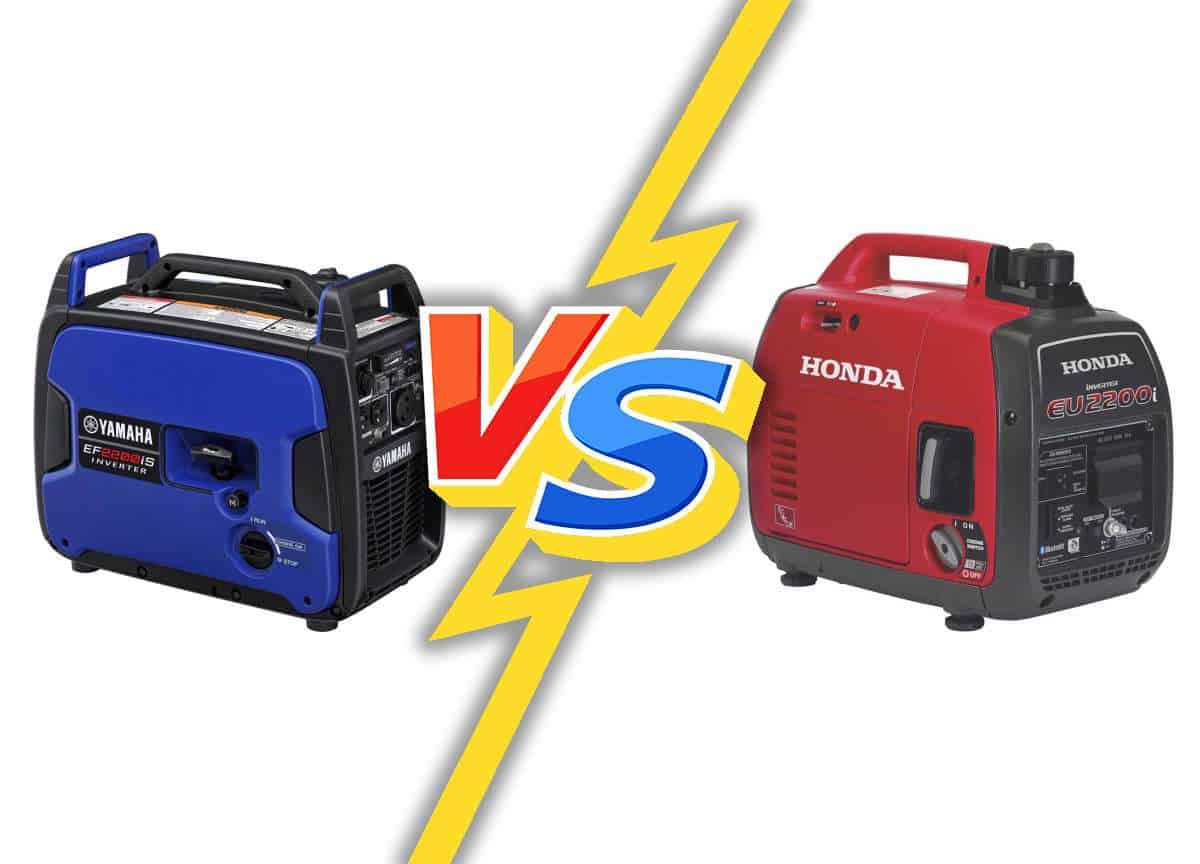
Honda and Yamaha generators both offer reliable and durable products, but there are a few differences between the two that are worth considering when making a purchase. Honda generators are known for their superior build quality and reliability, while Yamaha generators have a greater range of power and are often more affordable.
When it comes to power output, Honda generators tend to offer a smaller range, usually around 2,000 to 5,000 watts. Yamaha generators, on the other hand, offer a much larger range, from 3,000 to 10,000 watts. This can make a big difference for larger applications, such as powering an RV or running a construction site.
Honda generators are typically more expensive than Yamaha generators, though they come with a few advantages. Honda generators are known for their long-term reliability, and they are backed by a 3-year residential warranty, which is longer than Yamaha’s 2-year warranty. Honda also offers a wide range of accessories, such as remote start kits, that can make it easier to use and maintain your generator.
Yamaha generators are usually more affordable than Honda generators, and they have a greater range of power output. They are also known for their dependability and are backed by a 2-year warranty. Yamaha also offers a wide range of accessories, including a digital monitoring system and remote start kits.
When it comes to choosing between Honda and Yamaha generators, it largely comes down to preference and budget. Both offer reliable and durable products, and their warranties and accessories make them both great options. Ultimately, the decision comes down to which features and power output best fit your needs.
1 Power
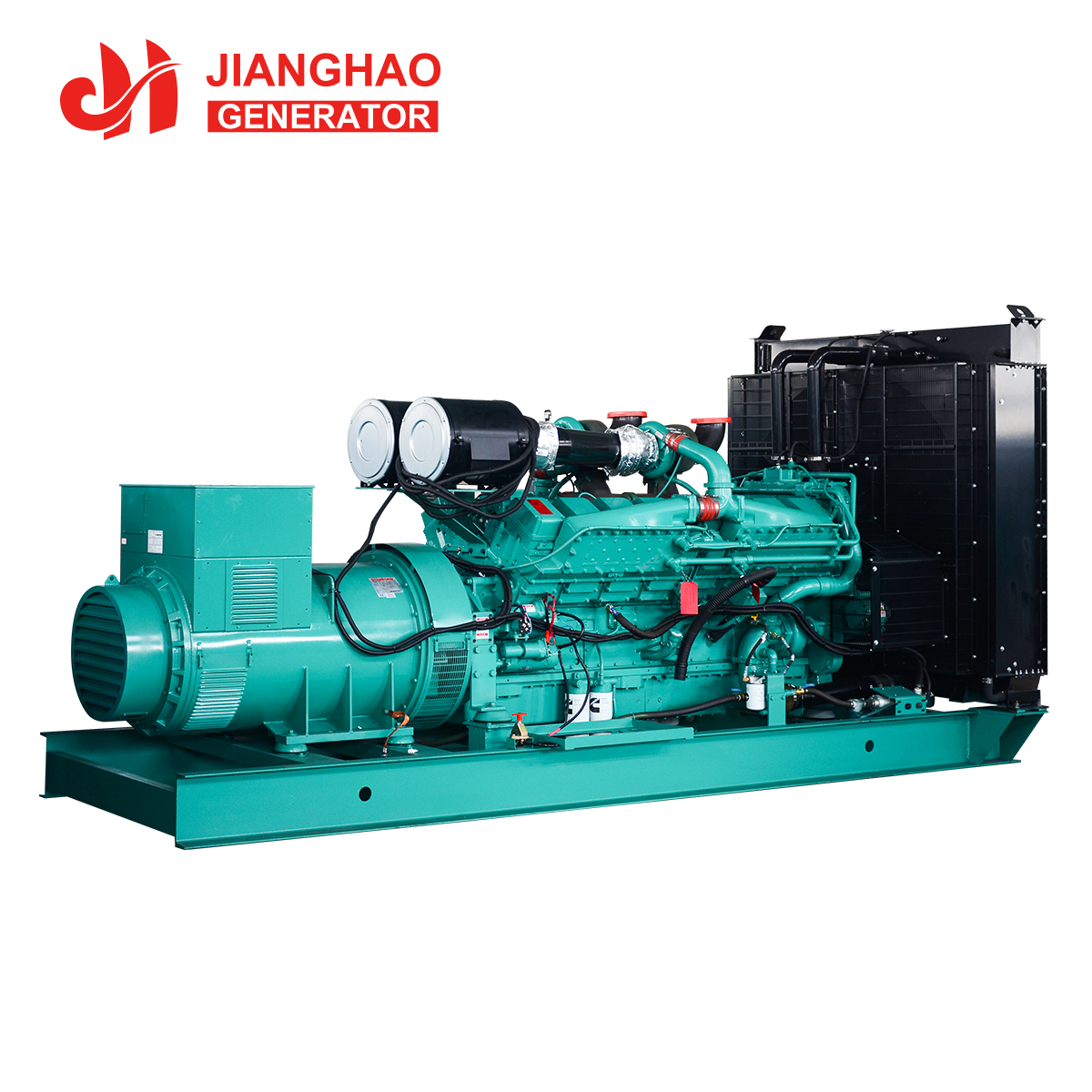
- Honda generators have higher power output than Yamaha generators.
- Honda generators range from 1000 to 12,000 watts of power, while Yamaha generators range from 2,000 to 6,000 watts.
- Honda generators are more reliable, with their engines capable of running for long periods of time without overheating.
- Yamaha generators have a lower noise level than Honda generators.
- Honda generators are more fuel efficient and can run for longer periods of time on a single tank of gas.
2 Portability
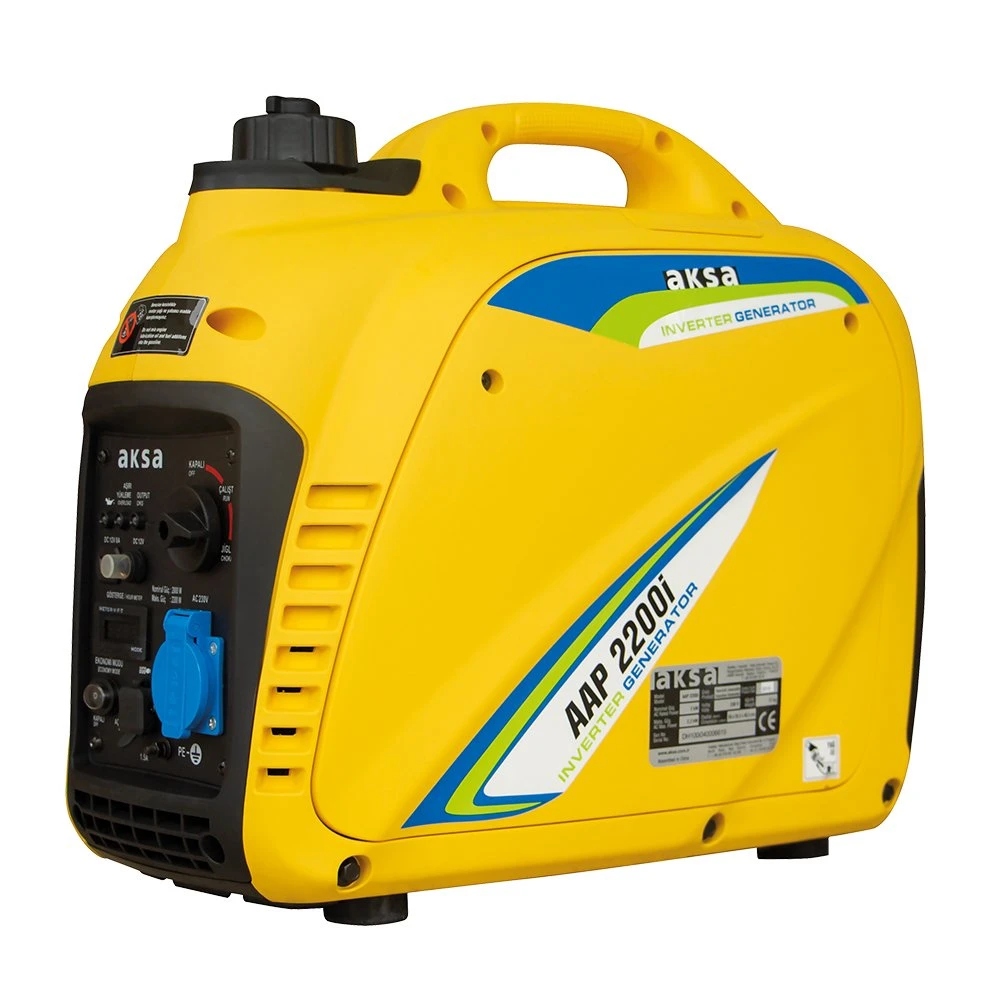
- Honda generators offer excellent portability with their lightweight design and ergonomic handles.
- Yamaha generators also have handles, but they are typically not as easy to carry as Honda’s.
- Honda generators are also designed with features such as wheel kits and handles that make them easier to move around.
- Yamaha generators have their own wheel kits and handles, but they are heavier than Honda’s.
3 Cost
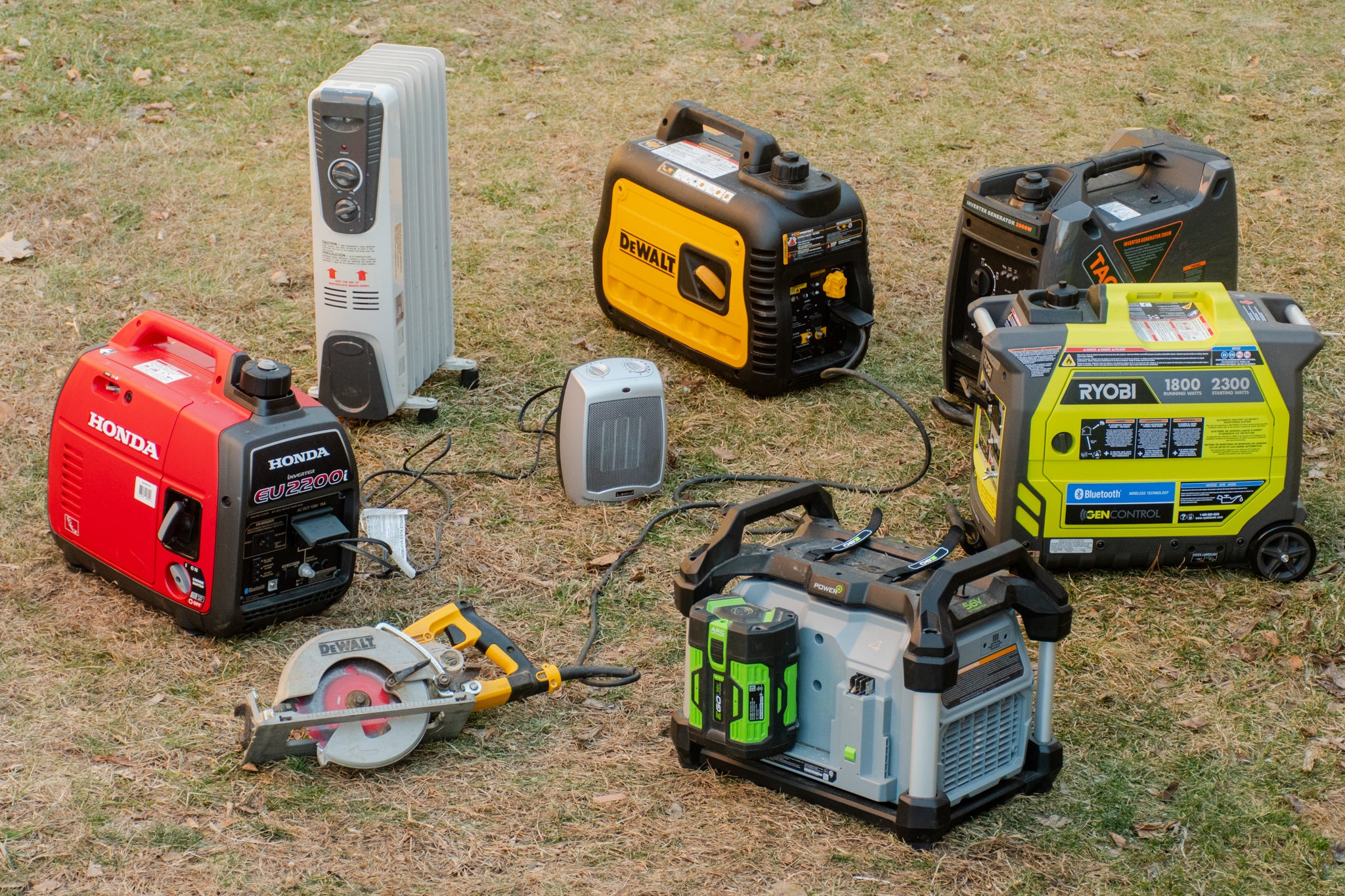
| Generator | Price |
|---|---|
| Honda | $1000 – $3000 |
| Yamaha | $800 – $2500 |
Honda generators tend to be more expensive than Yamaha generators. Most Honda generators range from $1000 to $3000, while Yamaha generators range from $800 to $2500.
4 Noise Output
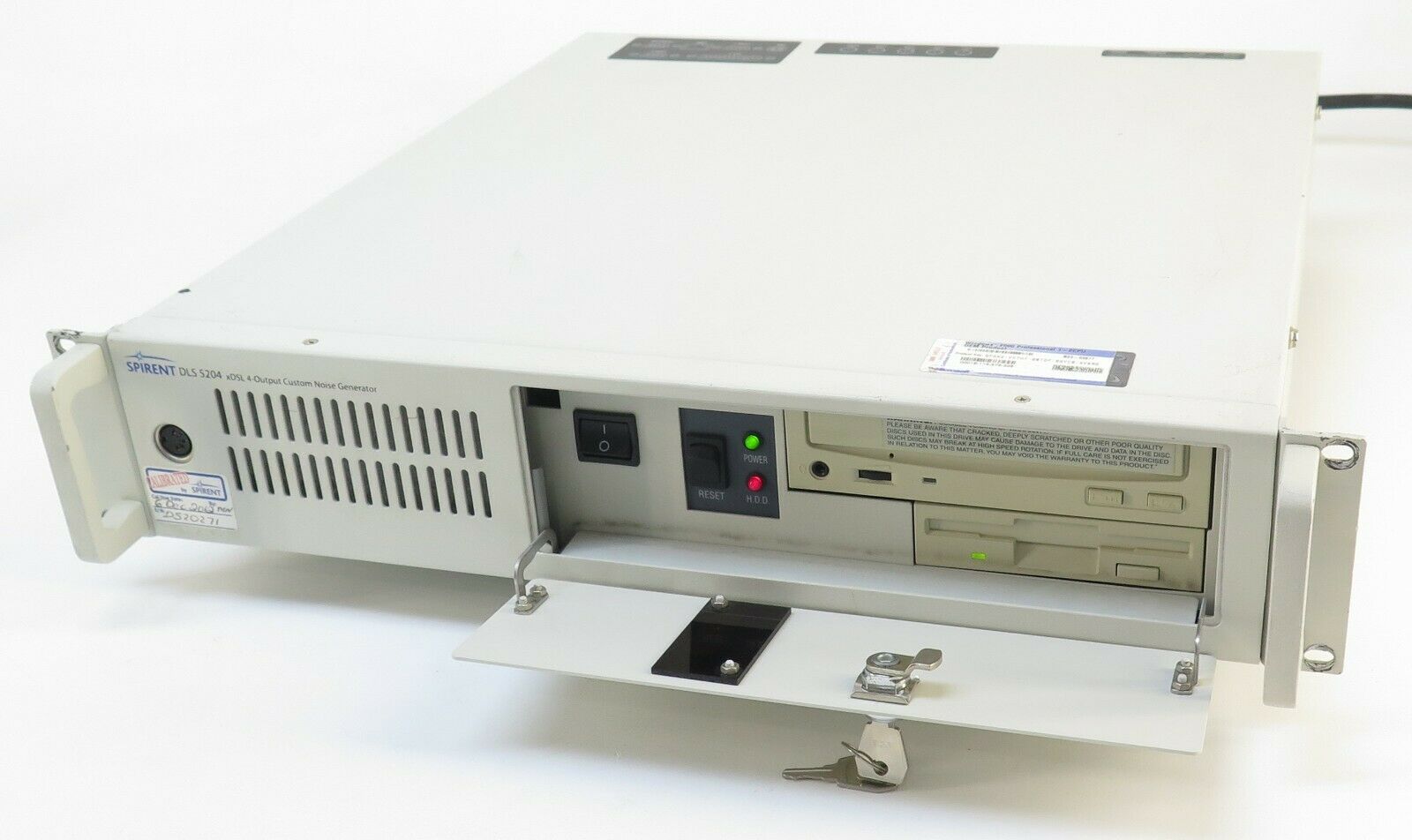
- Honda generators feature a noise output of 48 to 57 dB. This noise level is comparable to the sound of a normal conversation.
- Yamaha generators feature a noise output of 50 to 60 dB. This is slightly louder than a normal conversation.
- Honda generators feature an economy mode, which reduces the noise output by up to 6 dB.
- Yamaha generators feature a sound-blocking system, which reduces the noise output by up to 10 dB.
5 Ease of Use
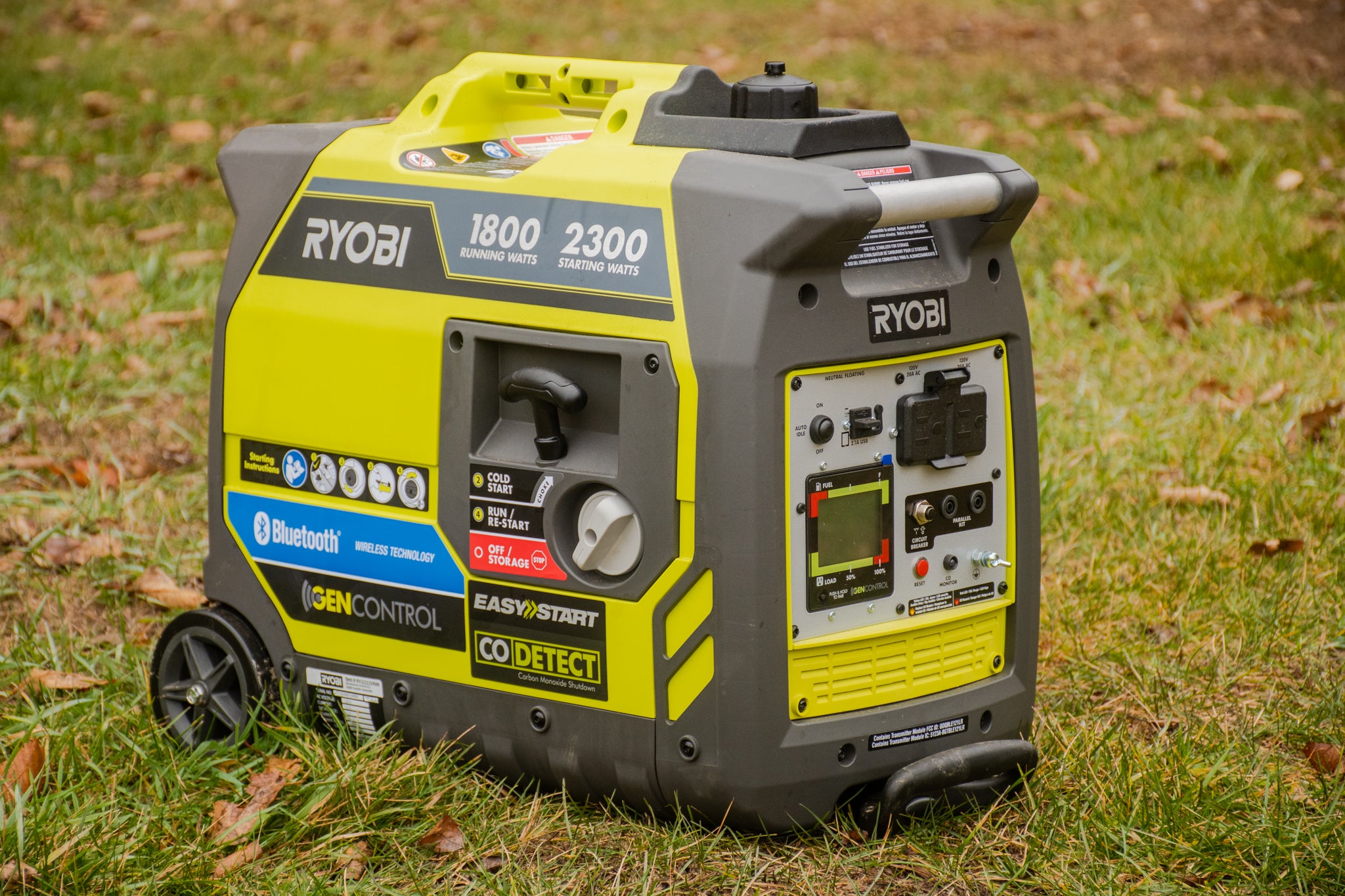
| Honda | Yamaha |
|---|---|
| Lightweight and portable | Heavy and bulky |
| Electric start | Recoil start |
| Easy to move and transport | Difficult to move and transport |
| Relatively quiet operation | Noisy operation |
| Fuel-efficient | Less fuel-efficient |
Honda generators offer lightweight portability, electric start, easy movement, relatively quiet operation, and fuel-efficiency for ease of use. Yamaha generators are heavier and bulkier, are equipped with recoil start, are difficult to move, and are noisier and less fuel-efficient.
Advantages and Disadvantages of Honda and Yamaha Generators
Honda Generators
- Advantages:
- Quiet operation
- High fuel efficiency
- Advanced inverter technology for stable power output
- Excellent build quality and long-term reliability
- Disadvantages:
- Expensive to buy initially
- Limited fuel capacity
Yamaha Generators
- Advantages:
- Affordable initial cost
- Large fuel capacity
- Compact and lightweight design
- Disadvantages:
- Noisy operation
- Lower fuel efficiency
Applications of Generators
Generators have a wide array of applications and can be used for many different purposes. They can be used for providing backup power during blackouts, powering tools and equipment for construction and farming, powering lights for outdoor events, powering recreational vehicles, and providing emergency power for hospitals and other essential services. Generators can also be used for powering water pumps for irrigation, powering air conditioners in areas with unreliable electric grids, and powering off-grid homes.
| Applications | Honda | Yamaha |
|---|---|---|
| Backup Power | Yes | Yes |
| Construction/Farming | Yes | Yes |
| Outdoor Events | Yes | Yes |
| Recreational Vehicles | Yes | Yes |
| Emergency Power | Yes | Yes |
| Irrigation | Yes | Yes |
| Air Conditioners | Yes | Yes |
| Off-Grid Homes | Yes | Yes |
Frequently Asked Questions
What are the differences between a Honda 2000 and Yamaha 2000 generator?
The Honda 2000 and Yamaha 2000 generator models have different engine sizes, with Honda offering a larger engine. The Honda 2000 has a GXR120 engine, while the Yamaha 2000 has an MZ175 engine. The Honda 2000 is also quieter and easier to operate, while the Yamaha 2000 is heavier and more powerful. Additionally, the Honda 2000 has a longer run time when operating at full capacity. Finally, the Honda 2000 is more expensive than the Yamaha 2000.
How does a Yamaha inverter generator compare to a Honda generator?
Yamaha inverter generators are lighter and more fuel efficient than Honda generators. They also have a lower noise level and are more portable. Yamaha inverter generators also have a longer run time than Honda generators and come with a better warranty. However, Honda generators have larger fuel tanks and are generally more reliable.
What are the advantages of a Yamaha 2000 watt generator over a Honda 2000 watt generator?
Yamaha generators are known for their superior noise reduction technology, high fuel efficiency, and long-term durability. They also boast a lighter weight, making them easier to transport. Yamaha generators are also more affordable than Honda generators, making them a great choice for those shopping on a budget. Additionally, Yamaha generators come with a 3-year warranty, whereas Honda generators only come with a 2-year warranty.
What are the key features to consider when comparing a Honda Generator to a Yamaha Generator?
The first thing to consider when comparing a Honda and Yamaha generator is the engine type. Honda generators typically use their patented GX series engines, which are known for their efficiency and reliability, while Yamaha generators use OHV engines which are known for their power and robustness. The next consideration is power output. Honda generators offer up to 10,000 watts of power while Yamaha generators can provide up to 15,000 watts of power. Additionally, Honda generators are often quieter than Yamaha generators, making them a great option for campers and RVers. Lastly, you should consider the cost of the generator, as Honda generators tend to be more expensive than Yamaha generators.
What is the best way to decide between a Honda and Yamaha generator for my needs?
When deciding between a Honda and Yamaha generator, it is important to consider factors such as power output, fuel efficiency, portability, and cost. The best way to decide which generator will meet your needs is to compare the specs of both models and determine which one meets your requirements. Additionally, it is a good idea to read reviews from other users to get an idea of the performance and quality of each generator.
Conclusion
When considering which generator is right for you, Honda and Yamaha both offer high-quality, dependable products. Honda generators are reliable and easy to maintain, and Yamaha generators are quieter, more energy-efficient, and offer more features. Ultimately, the decision is up to you and should be based on your specific needs and budget.

